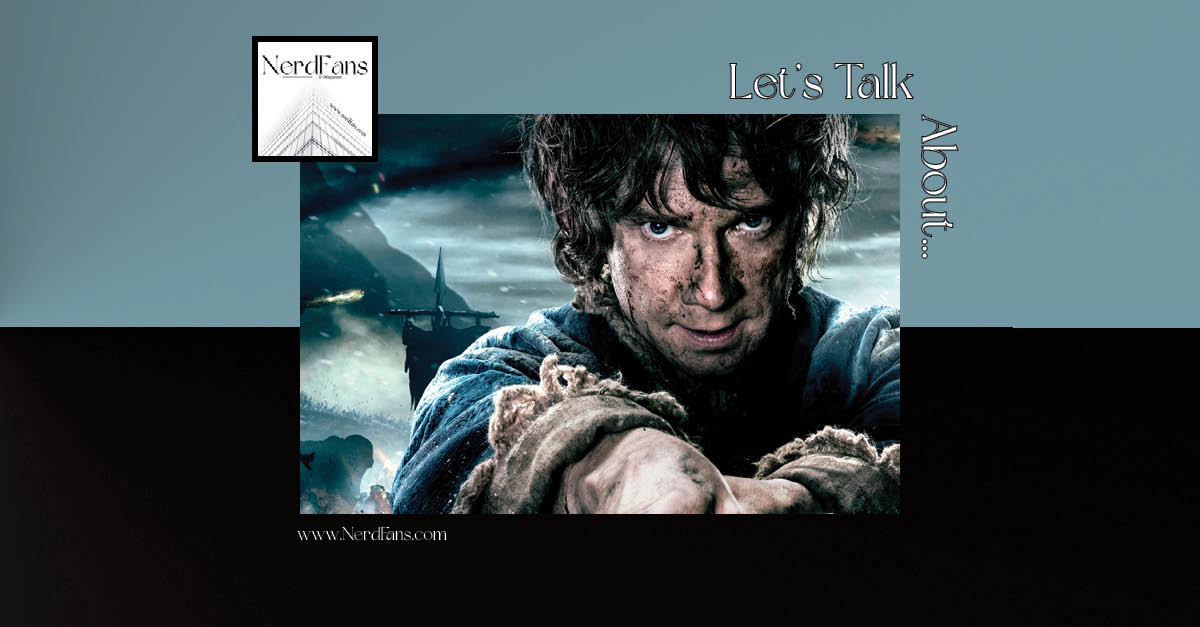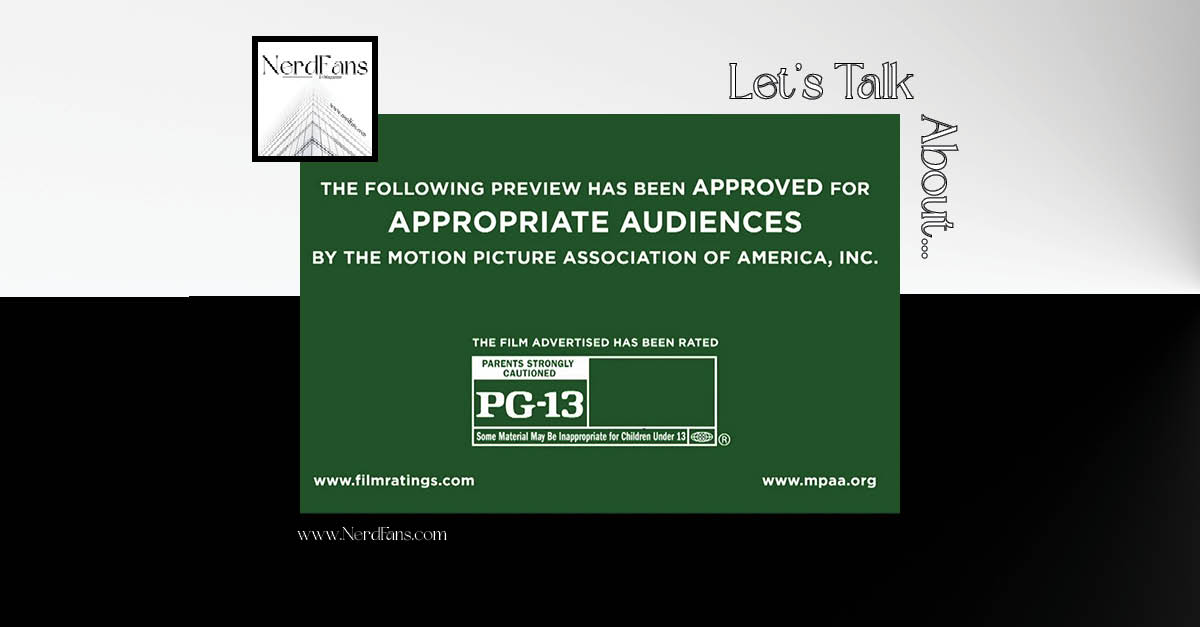A Sales Team reason for rejection
I always laugh when I watch a movie about writers. Inevitably in film, the very first book a writer creates gets immediately published and becomes an instant bestseller regardless of whether it’s a silly pop-up book (Throw Mama from the Train) a self-help psychology book (What about Bob?) or anything else thrust on the public in that fictional world.
Well, I’ve got bad news for you: Life ain’t like the talkies. Sorry.
If you come to me with an inflated ego and sky-high expectations, regardless of the quality of your book, I’m going to reject you. (Hey, my ego is bigger than yours anyway, right?)
A few years ago I got a proposal from a small college professor that I really liked. It was for a niche audience, but I figured it was still strong enough that a publisher in that category would be able to sell at least 8,000-10,000 copies. That would be a strong beginning for this first-time author, so I started talking with him about possibilities. I asked one of my standard questions, “What are your expectations with this book?”
With a straight face, he answered, “Well, Rick Warren sold several million copies of The Purpose-Driven Life, so I expect my book to sell at least that.”
My jaw dropped.
First time author…publishing in a niche category…and he expected me to turn his writing debut into a book that would compete for the title of bestselling hardcover nonfiction title in publishing history? Whaa?
The truth is, there over a million books published each year, and only about 250 manage to make it onto one of the New York Times bestseller lists during that time. That means the odds of his book hitting a NYT list were, at best, 4200 to one. He’s 20 times more likely to marry a millionaire (odds at about 215 to 1) than to write a bestselling book—let alone make publishing sales history.
I tried to explain to this author the mathematical realities of publishing in his category—and to point out the huge differences between him and Rick Warren, but he would have nothing to do with it. Finally I just gave up and walked away. To my knowledge, his book has never been published.
The lesson for you is this: if you want to publish your book, you must be realistic about its potential. Don’t assume that you are entitled to the same success as some other popular publishing phenomenon out there, or demand to be treated like a New York Times bestseller before you’ve become a New York Times bestseller. All that does is show people like me that you are an egotistical rube who knows nothing about the realities of a writing career. And that means my rejection letter will soon land in your email box.
What You Can Do About It
1. Don’t let your ego define you.
Honestly, I know that anyone who aspires to a career in publishing must have a rather significant ego. Let’s face it, it takes a certain, hefty amount of narcissism to assume that thousands, if not millions, of people should read your words like precious pearls—paying you for the privilege to do so.
That said, it’s a mistake to let your ego define you, or to let your ambitions be the sole motivation for your actions. Arrogance is never attractive, and unearned arrogance is always opposed. So, when it comes time to move into a paying career as a writer, be careful not to let your ego be the thing that defines you in the eyes of an editor or agent.
Take pride in the quality of your work, not in the as-yet-unseen outcome of your publishing endeavor. Then you’ll be successful regardless of how many copies your book sells.
2. Choose your benchmarks wisely.
Tom Brady is arguably the best NFL quarterbacks of all time. He’s won seven Super Bowls (at the time of this writing), and seems to be in the hunt for more championship rings just about every season. Plus, he’s married to one of the most beautiful women in the world.
Now, if you’ve never played pro sports, is it realistic for you to expect that you can step onto any football field and immediately experience the same kind of success that Tom Brady has? Of course not! Heck, Peyton Manning (of the Indianapolis Colts and Denver Broncos) is every bit as skilled as Tom Brady—yet Peyton only managed two championships before retiring while Mr. Brady kept winning more.
The lesson here is one of benchmarking. Yes, it’s good to seek inspiration in your career from others who have achieved extreme success. At the same time, it’s unwise to assume that because someone else has reached the pinnacle that you are next in line. You simply can’t compare yourself to J.K. Rowling or Rick Warren or Kitty Kelley until you’ve achieved success similar to Rowling, Warren, Kelley, or anyone.
So choose your benchmarks wisely. Find where you might fit on the ladder of publishing in your present circumstance, and aim for there to start. Once you achieve that success, aim for the next rung, and keep climbing one rung at a time until you reach the top. Then other people will waste time comparing themselves to you.
3. Treat yourself like someone else.
One of my gifts is the ability to assess a manuscript with a cold, critical eye. If I couldn’t do that, I certainly wouldn’t succeed as an agent or a writer. Imagine if I only used that gift on other people’s manuscripts…There’s no way I would have stuck around in this business for the past 20+ years!
Even with this very book, I must periodically stop and evaluate it against the standards of the industry. The way I do that is to first divorce myself from my past successes, from my hopes for the future, from anything except the words in front of my face. After all, that’s all you’re going to know of me when you read this book.
In short, I must treat myself like I’d treat someone else—with a cold, critical assessment that demands excellence without insisting on the rewards I hope will come with it. I’m going to be honest, I don’t always achieve that goal. But as long as I’m trying, my work will stand out from the crowd. Unless, of course, you do the same thing too. Then I’ll probably have some stiff competition…
Looking for more? Check out these links:








